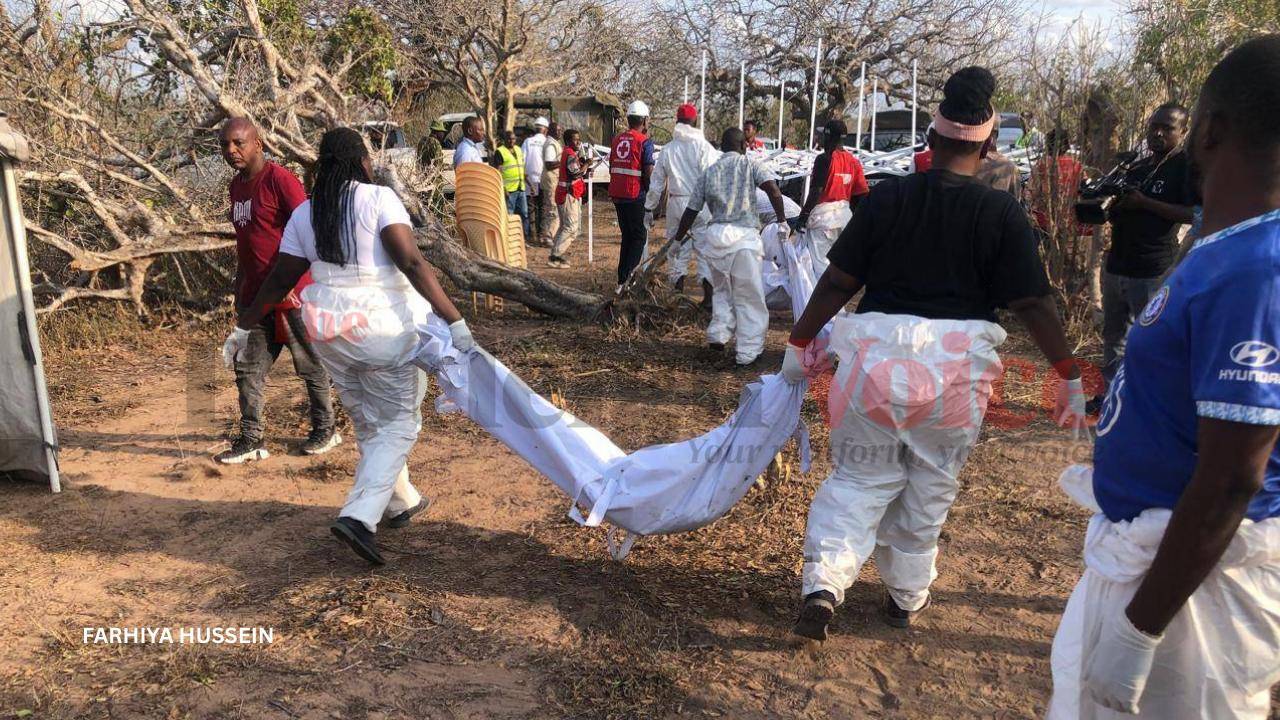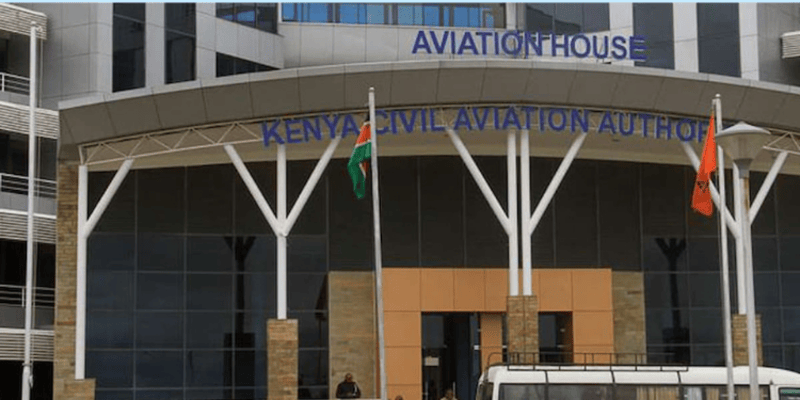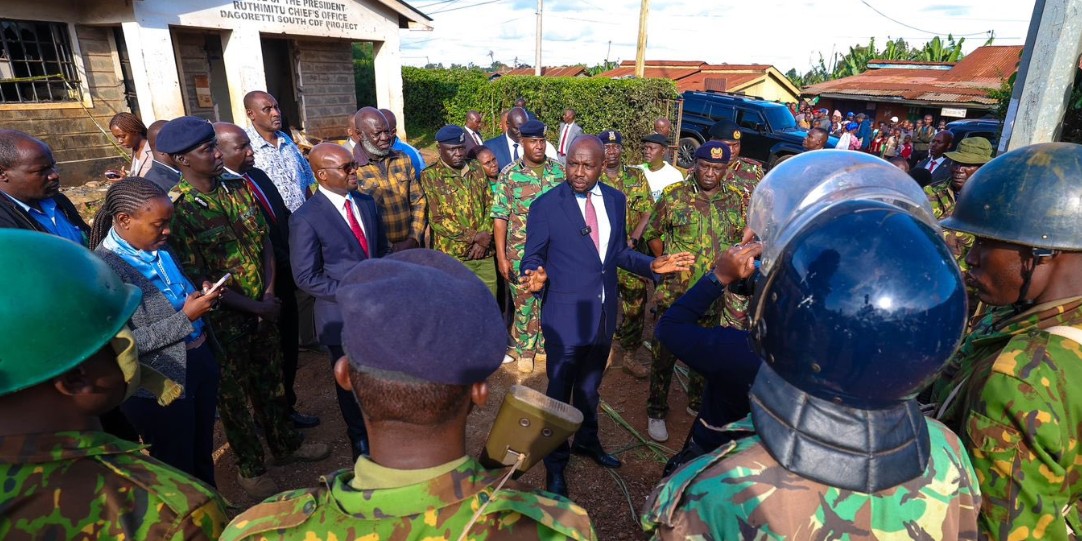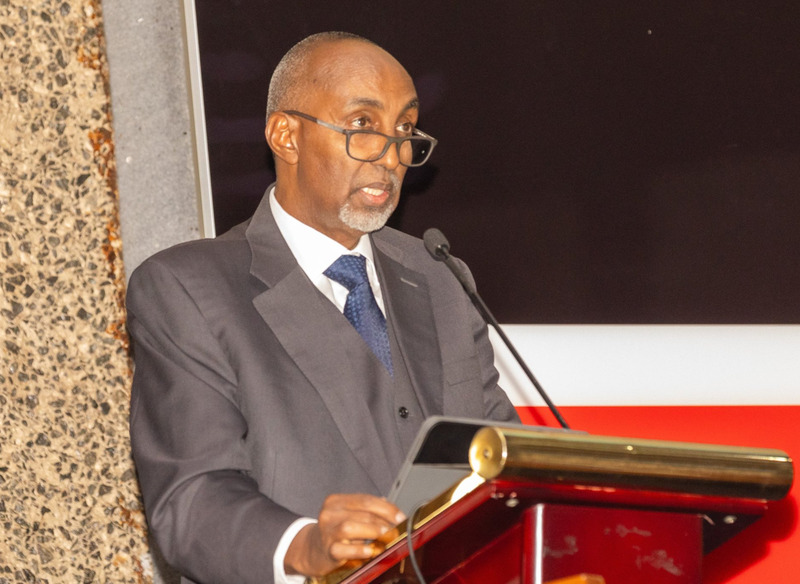KNEC rolls out personalised KCSE exams to curb cheating
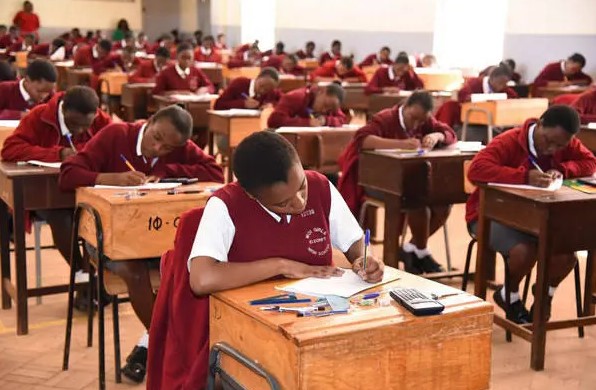
KNEC Chief Executive Officer David Njengere noted that the new move aims to improve the integrity of the exams and address issues of malpractice.
The Kenya National Examinations Council (KNEC) has announced this year's Kenya Certificate of Secondary Education (KCSE) papers will be customised for each candidate, featuring their name, index number and school as a measure to curb examination cheating.
KNEC Chief Executive Officer David Njengere noted that the new move aims to improve the integrity of the exams and address issues of malpractice.
More To Read
- KUCCPS opens applications for diploma upgrade in teacher training
- 2024 KCSE learners urged to explore TVET as alternative route to jobs, entrepreneurship
- KNEC diverts rent savings to revive Mitihani House project whose construction started in 1986
- Sh540 million loss: Auditor General Nancy Gathungu exposes irregularities in book distribution
- MPs demand action over 9,000 pupils who missed 2023 KCPE
- KUCCPS sets up 30 support centres for KMTC intake ahead of July 7 deadline
“What we are saying is that we shall personalise the examination papers so that each candidate will have their details already printed. This means that in case of malpractices, we shall ask the candidate why they allowed their paper to be used by someone else,” Njengere said during a meeting at the Mitihani House.
The new system replaces the previous method where candidates wrote their details on the papers, a practice that had been exploited to facilitate impersonation and other forms of cheating.
Njengere highlighted that this change would prevent the issue of extra papers and photocopying, stating, “No extra papers will also be printed.”
Tracking individuals
To further ensure integrity, the section of the paper with the candidate's details will be removed and packed separately to prevent identification during marking. Njengere added that the personalisation will help track individuals involved in cheating rather than penalizing entire schools or examination centres.
This year, over 900,000 students are expected to sit for the KCSE exams. Njengere emphasised that candidates caught cheating will be held individually responsible, marking a shift from past practices where entire centres would face penalties.
In addition to these changes, he noted that candidates will only be able to sit for subjects they registered for, helping to prevent ghost students.
“We gave you two months to register candidates and we even did a campaign where we met all centre managers and informed them of these innovations. We, therefore, expect that all candidates’ details were captured accurately at the registration stage and there will be no room for excuses,” Njengere said.
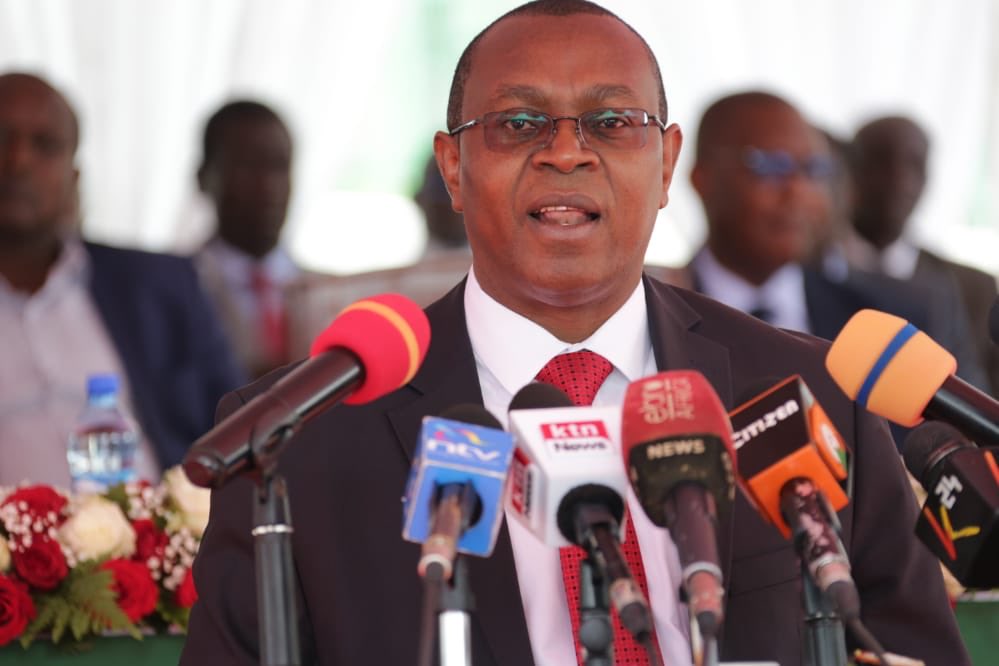 KNEC CEO David Njengere. (Photo: KNEC)
KNEC CEO David Njengere. (Photo: KNEC)
“Registration of ghost candidates constitutes an examination malpractice, which attracts sanctions, including de-registration of the school as a KNEC examination centre.”
The registration period for the 2024 exams that is between January 29 and March 29, saw 965,501 candidates registered for KCSE and 1,313,913 for the Kenya Primary School Education Assessment (KPSEA), marking increases of 6.89 per cent and 2.38 per cent respectively from 2023.
“KNEC will be administering national examination and assessments to a total of 2,279,397 candidates, countrywide at the end of this year,” Njengere said.
The council has also introduced measures to improve the handling and collection of examination papers, including the erection of 41 additional containers to prevent early exposure of papers.
Njengere urged stakeholders to report any potential leaks, saying, “Take a photo and send it to us and any other independent body that you trust.”
Njengere confirmed that all candidates participating in the examinations are eligible, school-enrolled students. He emphasised the importance of following the regulations on subject entry requirements for grading, as outlined in the KCSE examination guidelines issued by the council.
Papers to be picked separately
He also explained that examination papers will be packed in separate cartons for morning and afternoon sessions, with the afternoon papers remaining sealed during the initial collection.
“Morning and afternoon papers will be packed in separate cartons and strapped and labelled so that in the first collection, the afternoon carton remains sealed at the container,” Njengere said.
The practice of collecting papers twice daily which was introduced last year, aims to prevent any premature access to the exams.
Further changes also reveal that for the first time, private candidates will sit for their theory papers at county headquarters, unlike in the past when they sat at the sub-county headquarters. Nairobi candidates will, on the other hand, be informed of their venues in advance.
Njengere highlighted the importance of engaging stakeholders, stating that their involvement is essential for the effective administration of national examinations and assessments.
“KNEC considered it important to engage with you who are key in the conduct of the KCSE examination, before the national briefing and sensitisation forums. The meeting aims at sharing with you the progress of innovations that have been put in place for the KCSE examination for enhanced effectiveness of the process,” he said.
He said the council will also roll out various stakeholder meetings from next month as has been the practice.
The council has been conducting School-Based Assessments for students in Grades 4, 5, 7, and 8, and recently completed a pilot study for the Kenya Junior Secondary Education Assessment (KJSEA) across 265 schools nationwide.
Njengere noted that the forthcoming report will guide and finalize the implementation of the KJSEA for the first cohort of CBC pupils transitioning to Senior Secondary in 2025.
Top Stories Today










